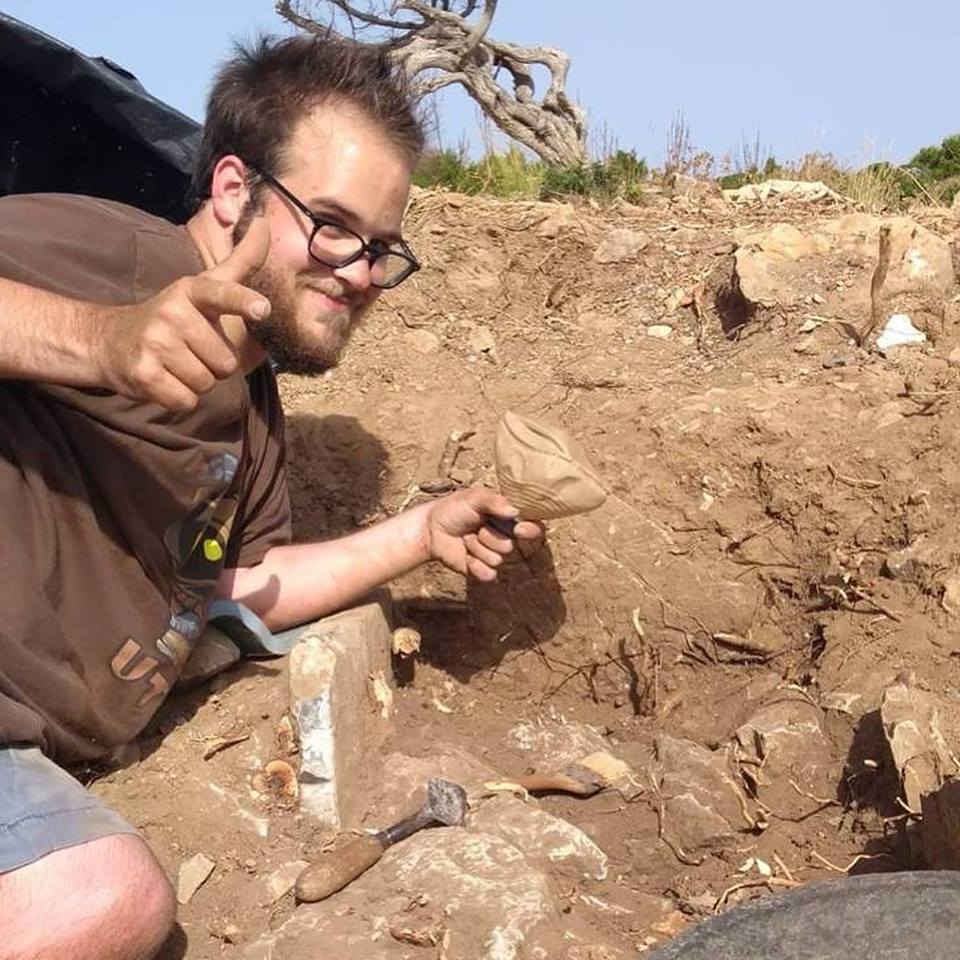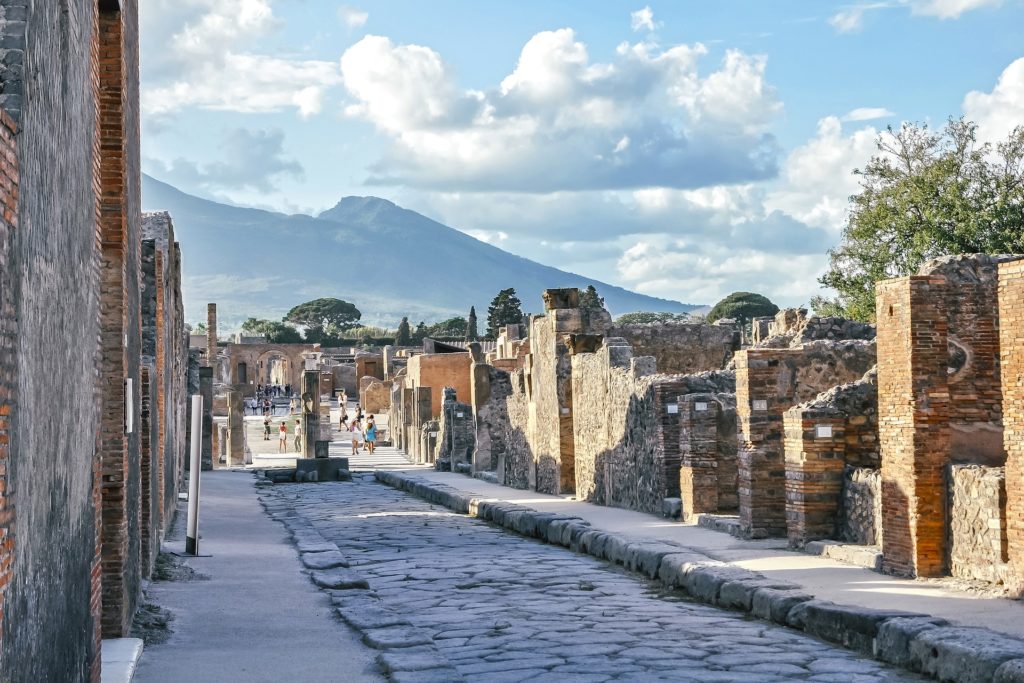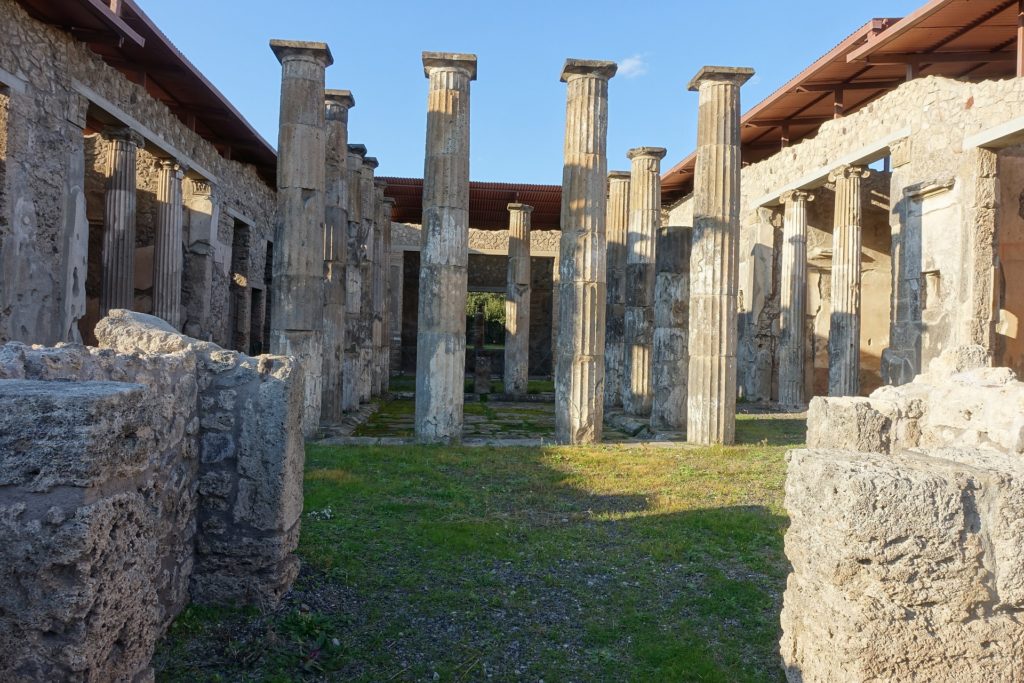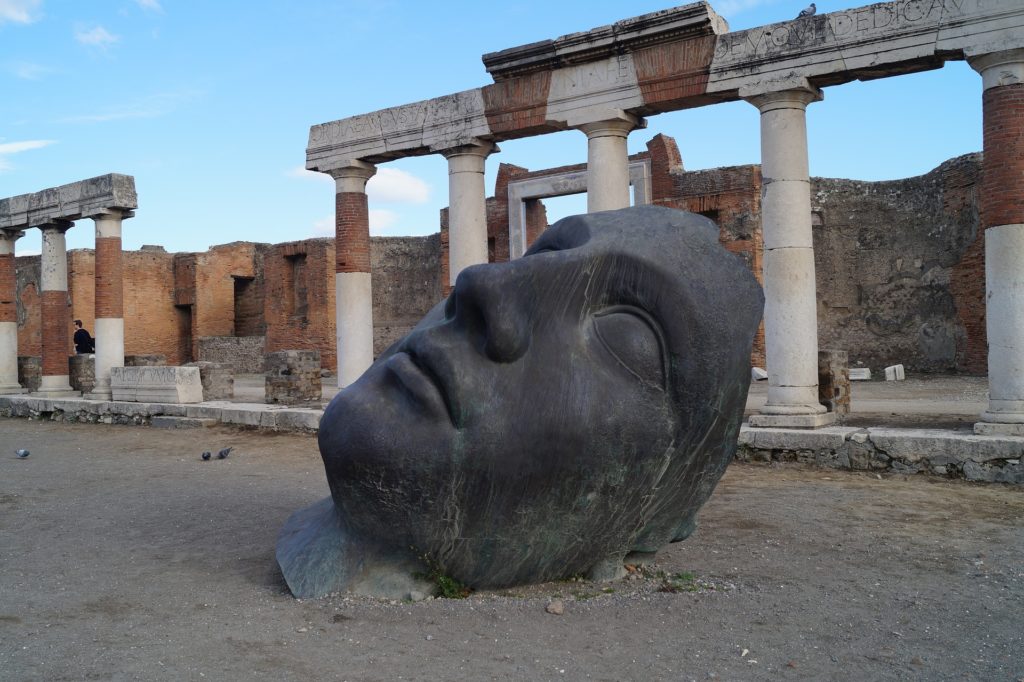Traveling with a Disability: An Archeologist’s Experience
Think of the word “traveler,” and you might envision someone playing in the ocean, backpacking through Europe, or climbing a mountain. However, travelers come with all ability levels. Sand and summits may present challenges to people with physical disabilities, but exploring the globe is still an important (and enjoyable) part of life.
I spoke with Mason Shrader, an archeologist who studies bones in Grecoroman cemeteries. Mason travels extensively for his work, and was willing to share with me the challenges of traveling with cerebral palsy. “I think it’s important to realize that disabled people do travel. It’s hard, it’s not thought of often,” he says, “but we do.”
What is your favorite travel memory?
As a self-proclaimed history nerd, Mason hardly has to think about the answer to this question. “Pompeii!” he exclaims. “It’s easily the best experience I’ve ever had.”
Although the site of Pompeii isn’t great for people with mobility challenges (“cobblestones” in the city are really huge boulders), the pain and difficulty of navigating were still worth it.
Mason’s top location within Pompeii is the Arch of Mercury. He tells me that when you stand under the arch, you can look out and see an amazing view of Mount Vesuvius, the mountain that both destroyed and preserved the ancient community.
What are your top 3 bucket list destinations?
Mason has been to Spain, Italy, France, Argentina, the UK, Canada, and all over Mexico. If he could go anywhere in the world, he’d visit Machu Picchu, Athens, and Tokyo. He’s never been to Asia, so he definitely wants to make a trip at some point. As an avid traveler for work, study, and pleasure, there are many destinations he would love to experience. “I want to see it all!” he says.
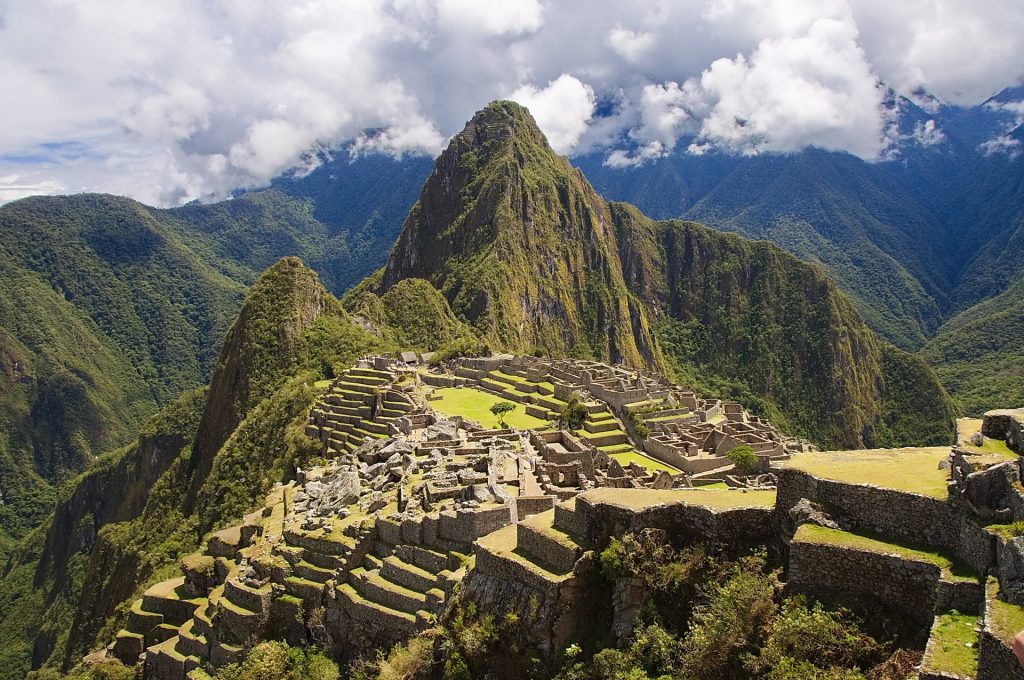
What makes a good destination for you?
Mason says that the most important thing about a travel destination is the culture surrounding disability. “Spain is the best place I’ve been,” he tells me.
Spain holds high standards for accessibility throughout the country. This is especially evident at airports, where there are teams whose sole job is to escort people with disabilities through the airport.
Airports are hard to navigate for anyone — especially in foreign countries where there is a language barrier. Having personnel on hand to alleviate the extra stress of traveling with a disability is a huge relief. “To have training on how to handle disabled people is something most airports could have,” he shares.
What are some common challenges with travel?
When it comes to disabilities, there is a huge spectrum of both neurological and physical challenges. Mason shares some of the most common challenges for those with physical disabilities.
“The big thing I think that any disabled person will tell you is the technology you have to use,” he explains. For example, electric wheelchairs are easily broken during flights. If this happens, the person who uses it will often have to wait at the destination for a repair before he or she can go anywhere. Even storing something as light as crutches can be a challenge in small planes.
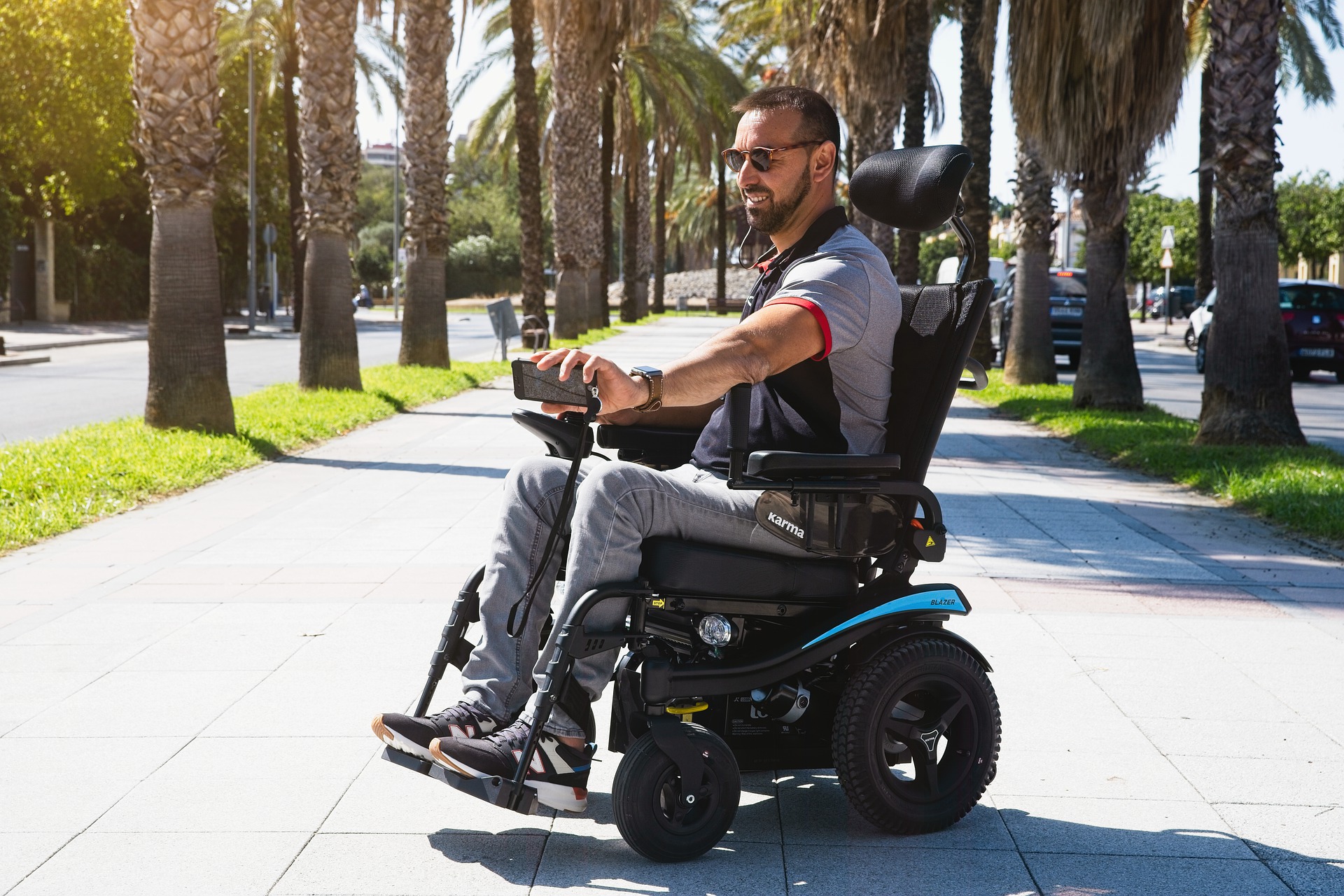
Exhaustion is another aspect of travel that hits people with disabilities especially hard. “An entire day is shot after I’ve flown,” Mason says. A day of rest and recuperation is often necessary after expending so much extra energy on travel.
There are also other considerations. Not all hotels are accessible, so extra research is necessary to ensure there are ramps and accessible bathrooms. Car travel is difficult depending on the size and weight of necessary mobility devices, as most cars don’t have space for large wheelchairs. Handling luggage is also tough.
What are your personal challenges with travel?
Mason’s travel challenges may be surprising to people without disabilities. “Navigating sidewalks is the hardest wherever I go.” Irregularities in the pavement can cause painful trips and falls.
Anywhere Mason wants to go, he has to evaluate, “Can I, with my crutches, walk in this place?” Sometimes, he can push himself and navigate through a difficult area, but there is always the risk of pushing too hard and getting injured. Getting in and out of taxis with his luggage and deplaning can also present challenges.
While at work, Mason faces difficulties when he visits dig sites. He’s noticed that significant buildings in the ancient world — especially places of worship — often had ramps to accommodate people who couldn’t climb stairs. However, these structures don’t mean that the archeological site itself will be easy to navigate!
But Mason’s work with bones doesn’t usually take him into very large holes. “Luckily, human beings don’t bury each other too deep,” he laughs.
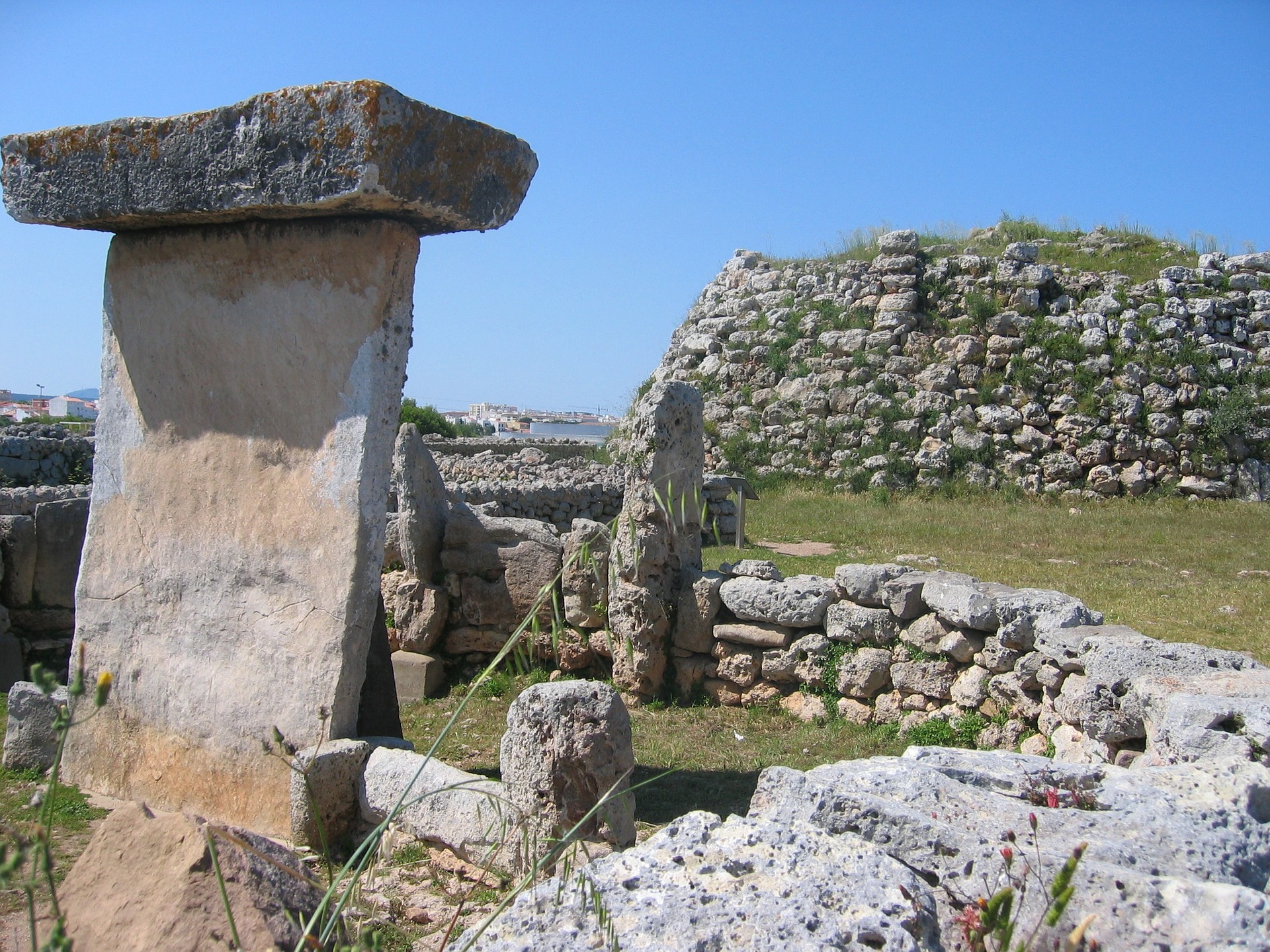
What have you learned to do to make travel easier?
“I’ve learned to go into travel situations with mental fortitude,” Mason explains. “The trick is, you have to have a bunch of contingency plans.” When things go wrong for people with disabilities, it can often make or break the trip, so planning ahead is essential.
Mason recalls a trip to dig in Menorca, a small island in Spain where he studied skeletons at an ancient church cemetery. During the trip, a taxi driver mistakenly dropped him off at the wrong place. Being stranded with limited mobility and only basic Spanish knowledge was an incredibly stressful experience. After taking a few deep breaths, Mason was able to muster all his Spanish communication skills and eventually got where he needed to be. In those moments, “You have to make sure your mental health is prioritized,” says Mason.
To head off problematic situations, many people with disabilities turn to online forums and Twitter to learn more about destinations. People are able to connect with others who have visited the same destinations and discuss which hotels have accessibility features, among other topics.
How can other travelers help create a more inclusive travel experience?
Most travelers don’t experience accessibility challenges, but chances are, all travelers will encounter people who do. How can able-bodied people improve travel experiences for those with disabilities?
“Awareness,” Mason says. While he doesn’t need help from fellow passengers (although a hand with luggage is sometimes nice), Mason says that he appreciates when people are aware of him. For example, he needs space to store his mobility device on the overhead bins on airplanes, and it’s tough to do so when someone else distractedly pushes them aside to stow their own bag. Mason has also been tripped (and tripped over) by preoccupied travelers in the airport.
Giving preference to people who can’t use stairs or escalators is always appreciated, too. “Able-bodied people don’t need elevators nearly as much as they think they do,” Mason laughs.
However, Mason points out that travel can be an overwhelming experience for anyone, regardless of ability level. “If we’re all a little more empathetic when we travel, I think it will help everyone.”
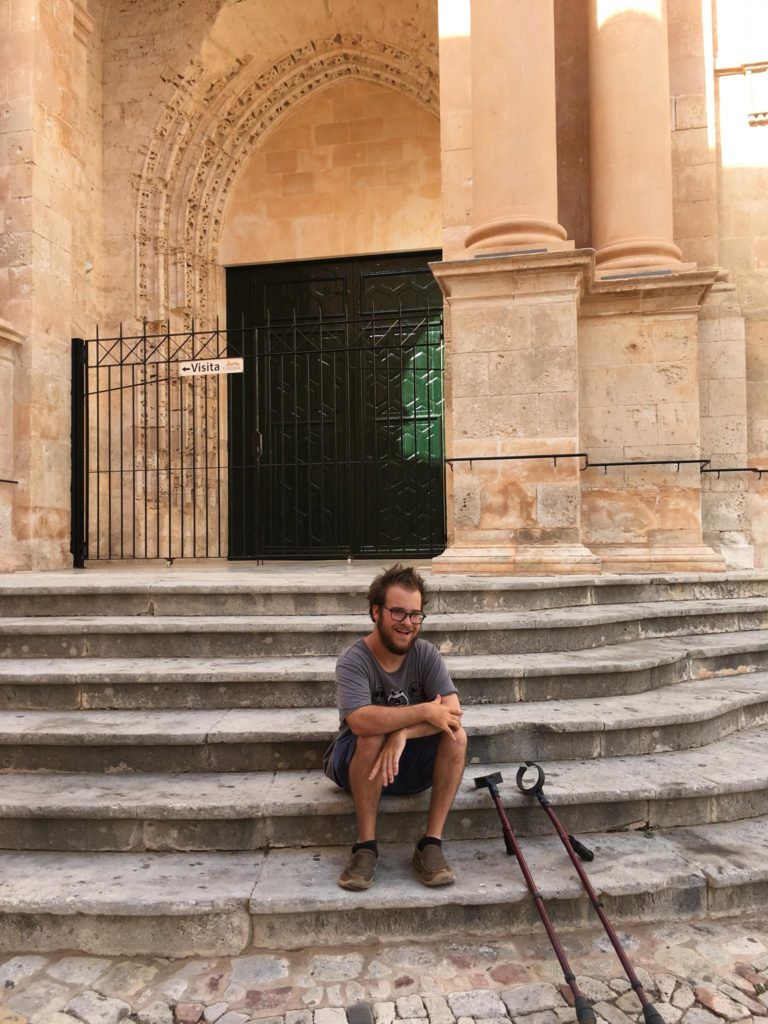
In Closing…
Extra challenges don’t stop people with disabilities from taking trips for work, study, or pleasure! For Mason, traveling allows him to visit dig sites and bring the dead to life, in a manner of speaking. “I see it as a compassionate thing. I get to tell the story of a person that history has forgotten.” To others, travel may mean the chance to see loved ones or take a vacation. Travel may be tough for someone with disabilities, but for Mason and many others, it’s an essential part of life.
Sources: Mason Shrader (archeologist) in discussion with the author via Zoom, February 2021.
Book Your Travel to ANY Destination
Use the interactive map below to search, compare and book hotels & rentals at the best prices that are sourced from a variety of platforms including Booking.com, Hotels.com, Expedia, Vrbo, and more. Search for ANY destination by clicking in the upper left corner of this map. You can also use the filter to fine-tune your search, and find restaurants, attractions, and more!

Breana Johnson is an American expat living on the Caribbean Island of Sint Maarten. She surfs, snorkels, and spearfishes when she’s not tutoring local kids or writing. If she could have any job title in the world, it would be Professional Hummus Taste Tester. For now, she’s settling for freelance travel writer. You can catch up on Breana’s adventures at her blog, www.3rdCultureWife.com. PODCAST FEATURE Listen to Breana on St. Maarten Travels that Transformed Lives
